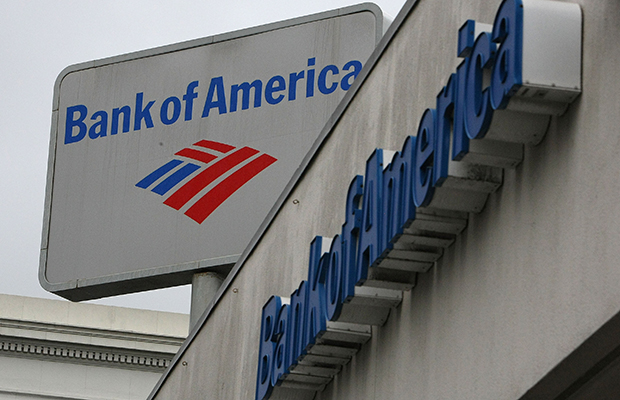Bank of America issues oil price warning
Bank of America has warned that crude oil prices could drop to $50 per barrel as a result of OPEC’s decision not to reduce production

The Bank of America has warned companies that the OPEC's decision not to reduce crude oil production could make oil prices drop to $50 per barrel
As oil production carries on full steam ahead with the green light from international and economic cartel OPEC, Bank of America is the latest to warn that prices will fall dramatically and leave smaller producers struggling to stay afloat.
At the BAML 2015 Global Outlook Conference, Head of Commodities Francisco Blanch blamed the cartel, whose aim is to coordinate oil policies of its 13 members, and argued that it no longer operates effectively. He told the conference: “OPEC has really, in my opinion, dissolved,” Business Insider reports.
OPEC has come under attack after it announced in November that it would not be scaling back on production despite tumbling crude oil prices
OPEC has come under attack after it announced in November that it would not be scaling back on production despite tumbling crude oil prices, dealing the majority of its members – including Iraq, Iran, Venezuela and Nigeria – a painful financial blow.
Prices have fallen from $100 to $60 since June, according to a BBC report. While Citigroup has credited the US shale industry with being more robust than widely perceived, Bank of America claimed in its report that more than 15 percent of the country’s shale companies are already racking up losses – and that the figure will rise to over 50 percent if prices sink below $55 per barrel.
Morgan Stanley warned that prices could drop to $43 in the second quarter of 2015 if OPEC doesn’t take action to reduce production.
Bank of America predicts the plunge will see shale projects in Argentina and Mexico aborted, alongside projects with a break-even cost of above $80 for Brent crude oil, The Telegraph reports.
Analysts forecast a string of M&As as smaller producers likely to be heavily affected by the unstable prices seek to bolster themselves.
Larger companies are also bearing the brunt of plunging prices; US oil giants Halliburton and Baker Hughes have announced they are in talks over a potential merger, while BP is reportedly accelerating its wide-scale redundancy plans. Analysts speculate that other giants may cut back on more expensive drilling areas such as the Arctic.
Europe meanwhile stands to benefit from cheaper energy from the US, including falling LNG prices, which could reduce the continent’s reliance on Russia.
Bank of America forecasts a mid-2015 price spike after the excess oil – a daily total of 1m barrels – is used up and supply starts to run low. “We expect a pretty sharp rebound to the high $80s or even $90 in the second half of next year,” Bank of America’s energy specialist Sabine Schels told The Telegraph.














